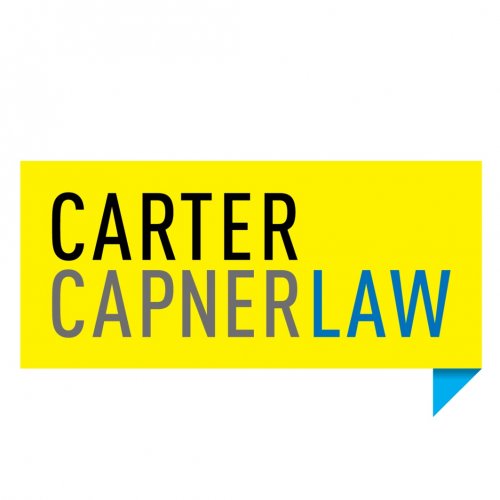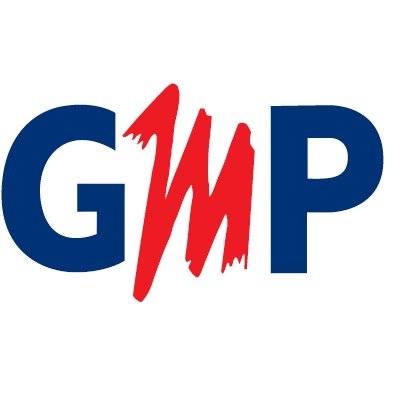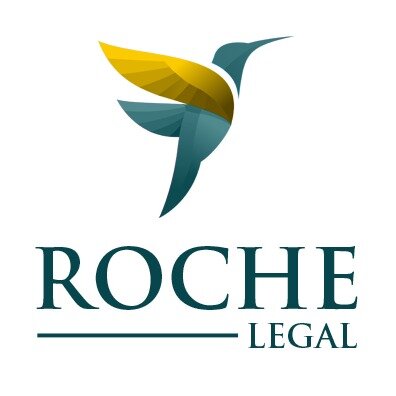Best Premises Liability Lawyers in Brisbane
Share your needs with us, get contacted by law firms.
Free. Takes 2 min.
List of the best lawyers in Brisbane, Australia
About Premises Liability Law in Brisbane, Australia
Primarily governed by the general principles of negligence, Premises Liability Law in Brisbane, Australia addresses situations where individuals suffer injuries due to unsafe conditions on another's property. This sphere of law encompasses a wide range of incidents, including slip and fall accidents, inadequate building security, swimming pool accidents, equipment malfunctions, and more. The property in question can be residential, commercial, or public, and the liable party can be an owner, occupier, or controller of the property.
Why You May Need a Lawyer
Legal issues concerning premises liability can be complex, given the need to establish negligence and liability. You may need a lawyer if you've been injured on someone else's property, especially if the injury resulted from the property owner's negligence. You might also require a lawyer's guidance as a property owner if an incident occurs on your premises, to understand your rights and defend against any claims. Lawyers specialized in premises liability can assist with collecting evidential support, negotiating with insurance companies, and achieving an equitable resolution.
Local Laws Overview
In Brisbane, Australia, premises liability laws are primarily based on the Wrongs Act of 1958 and common law principles of negligence. To successfully sustain a claim, the injured party must prove; the presence of a duty of care, a breach of that duty, causation and that damage resulted from the breach. Brisbane laws also consider ‘Contributory Negligence’, where the claim may be reduced if it's determined that the injured person contributed to their harm.
Frequently Asked Questions
What qualifies as 'unsafe conditions' on a property?
Unsafe conditions can be anything that presents a risk to individuals on the property. This might include wet or slippery surfaces, poorly lit areas, broken or faulty equipment, or a lack of necessary warnings or signage about potential hazards.
What if my injury occurred on a public property?
Premises liability extends to include injuries sustained on public properties. Such claims are often directed towards local government bodies or authorities responsible for the upkeep of the public premises.
Who can be held liable for injuries on a property?
The property owner, occupier, or person in control of the property can potentially be held liable for any injuries sustained on the property due to negligence.
How long do I have to make a claim?
Generally, there is a limitation period of 3 years from the date of the injury. However, it is advisable to seek legal help immediately for accurate advice.
What is contributory negligence?
Contributory negligence is when the injured party's own carelessness contributed to their injury. The compensation claimed can be reduced by a percentage representing the individual's own contributory negligence.
Additional Resources
For additional information and resources, the Queensland government's official website and the Legal Services Commission of South Australia's website provide comprehensive guidance on premises liability. You might also find useful information through the Australian Injury Helpline or the Law Society of South Australia.
Next Steps
If you require legal assistance in premises liability, the first step is to consult with a lawyer specialising in this area, who can provide guidance based on your specific circumstances. It is beneficial to gather as much information and evidence about the incident as possible, such as photographs, incident reports, medical reports, and witness contact information, which will support your claim or defense.
Lawzana helps you find the best lawyers and law firms in Brisbane through a curated and pre-screened list of qualified legal professionals. Our platform offers rankings and detailed profiles of attorneys and law firms, allowing you to compare based on practice areas, including Premises Liability, experience, and client feedback.
Each profile includes a description of the firm's areas of practice, client reviews, team members and partners, year of establishment, spoken languages, office locations, contact information, social media presence, and any published articles or resources. Most firms on our platform speak English and are experienced in both local and international legal matters.
Get a quote from top-rated law firms in Brisbane, Australia — quickly, securely, and without unnecessary hassle.
Disclaimer:
The information provided on this page is for general informational purposes only and does not constitute legal advice. While we strive to ensure the accuracy and relevance of the content, legal information may change over time, and interpretations of the law can vary. You should always consult with a qualified legal professional for advice specific to your situation.
We disclaim all liability for actions taken or not taken based on the content of this page. If you believe any information is incorrect or outdated, please contact us, and we will review and update it where appropriate.













